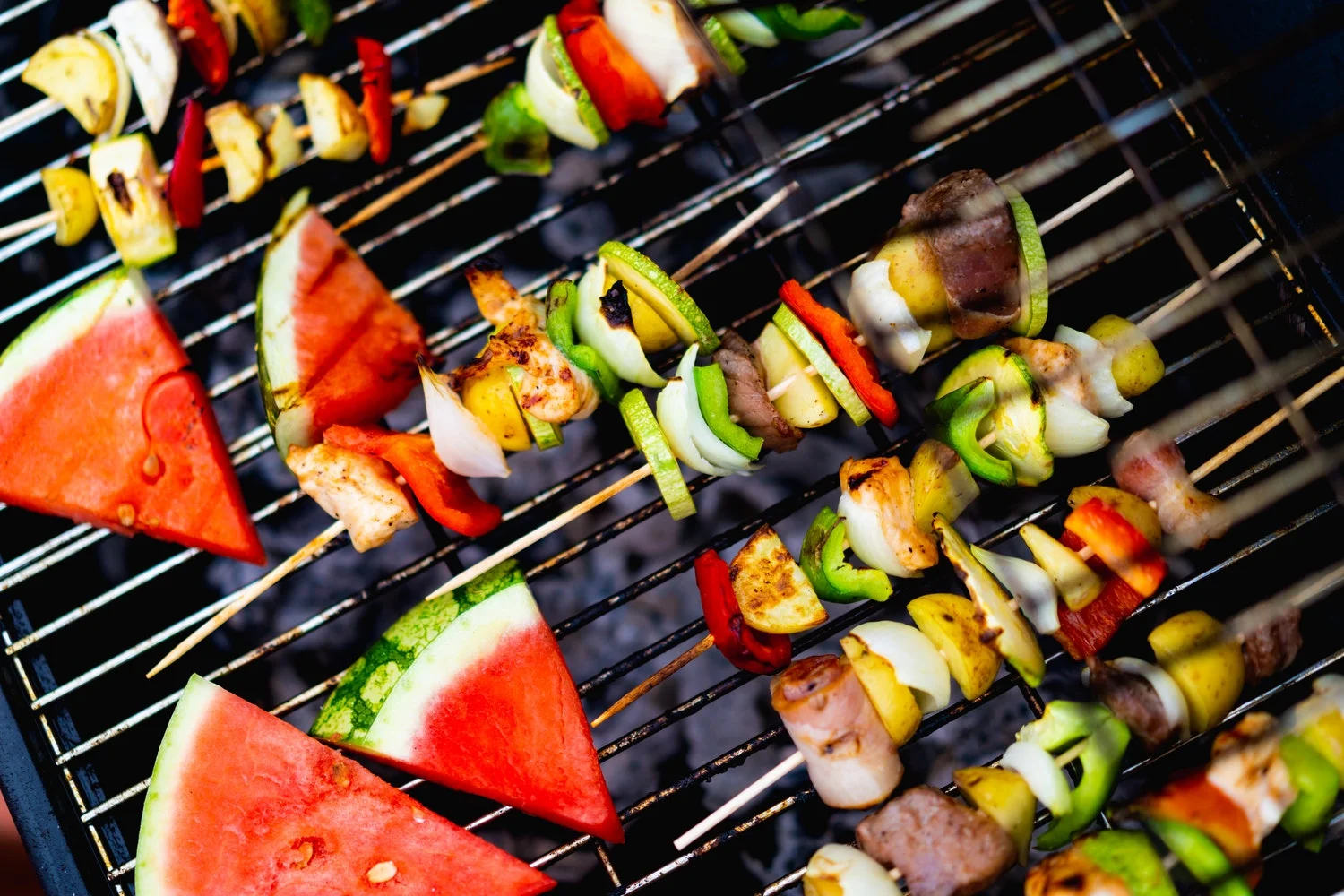A recent study compares the environmental impacts of the same foods, but across different producers.
Read MoreAdvocates often tote grass-finished beef as environmentally sustainable in comparison to the grain-finished feedlot alternative. But is that true? A recent report by Impossible Foods challenges that claim.
Read MoreHow to pickle just about anything.
Read MoreThe many delicious ways to eat your greens, even if you’re sick of them.
Read MoreIn Fate of Food, Amanda Little visits farmers and scientists trying to adapt our food system to climate change.
Read MoreOpenAg researchers are developing technology to develop more climate-resistant crops.
Read MoreChoosing a veggie burger won’t stop climate disaster, but here’s why you should do it anyway.
Read MoreAir conditioning is cooling us off, but cooking the planet. How can we beat the heat this summer without causing further harm to the environment?
Read MoreA Climate Victory Garden is grounded in the carbon-sucking principles of regenerative agriculture, which uses practices that mimic nature. Regenerative farmers basically allow plants to work their magic, and keep more carbon in the ground, by practicing minimal tilling, planting a mix of crops, keeping roots in the ground year round, and shoveling on lots of organic material. So what does this mean for the backyard gardener? It boils down to this: make soil-building the priority before you plant your garden, and afterwards. So, want to do something, anything, for the planet? Here are a few tips for starting your own Climate Victory Garden.
Read MoreAir pollution, food waste, and meat! The environmental impact of grilling adds up. Here are some tips on how to throw a more earth-friendly BBQ for this July 4th.
Read MoreKelp is nutritious, sure. But it’s also one of the most powerful climate change fighters to ever enter the food category. It de-acidifies ocean water, sequesters phosphorus, nitrogen, and carbon dioxide, and improves water quality so significantly that shellfish farmed alongside it have stronger shells and larger, sweeter meat. The problem for local kelp fisherman? Not enough people want to eat it.
Read More















